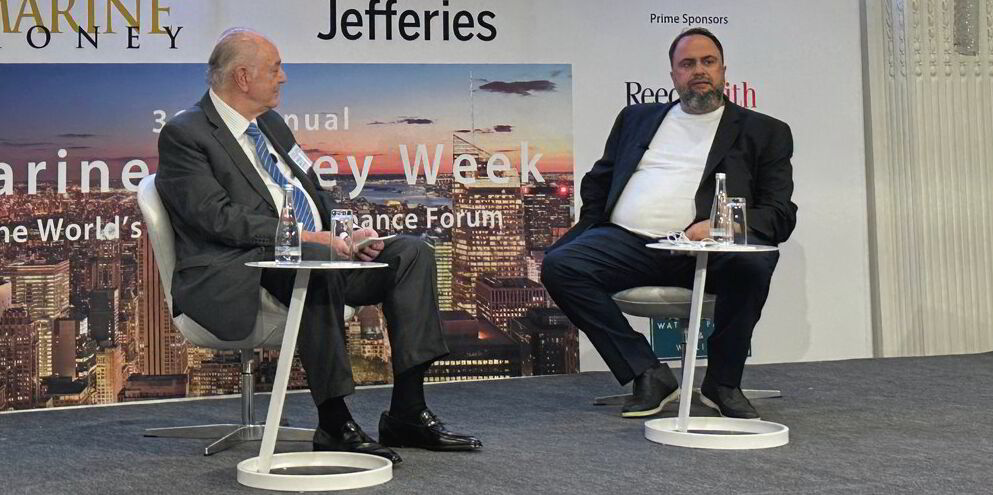A fund that pioneered investing with an environmental, social, and governance (ESG) focus has now nearly doubled its stake in a top provider of services to offshore drilling.
Larry Fink-led BlackRock, the world’s largest asset manager, has raised its stake in New York-listed Tidewater to more than 6.5m shares, or 12.5% of the company, with a current value of more than $600m, according to a filing with US securities regulators.
The holding represents a dramatic escalation from BlackRock’s last filing in January, when the fund reported owning 3.38m shares, or 6.5%.
BlackRock is now easily Tidewater’s largest shareholder, according to information from the company’s public proxy filing in April.
T Rowe Price led the way at that time with 5.18m shares or a 9.8% stake, followed by the Vanguard Group with 3.8m shares or 7.25%. BlackRock came third then with 3.4m units or 6.5%.
Quintin Kneen-led Tidewater is one of the world’s largest providers of support vessels for the offshore energy sector.
It has been a fast-growing consolidator, orchestrating four merger-and-acquisition deals since 2018.
With the growth and a larger recovery in the offshore oil sector, Tidewater’s stock has been on a roll, up nearly 28% year to date and 60% over the past year.
Under Fink’s leadership, BlackRock was an early advocate of ESG, which focuses on non-financial elements when choosing investments.
The ESG movement has shown resistance to investing in companies that produce or transport traditional fossil fuels, advocating instead for renewable energy sources and greener alternative fuels.
But Fink and BlackRock drew substantial pushback against its priorities — at first originating from conservative politicians and advocacy groups in the US but later spreading more widely into the general investor community.
In 2002, the US state of Florida — led by conservative Republican governor Ron DeSantis — pulled $2bn in investments in BlackRock in an acknowledged blow to the asset manager.
This was followed in March by another reaction in the state of Texas, where Tidewater is headquartered. The Texas State Board of Education withdrew $8.5bn worth of investments.
Favouring renewable sources
The ESG movement also has been impacted by renewed concerns about energy security stemming from Russia’s war on Ukraine and the associated disruptions in energy supplies.
Fink omitted any mention of ESG in his most recent chairman’s letter to shareholders in March, fulfilling an earlier promise to stop using the term, saying it had become overly political.

Instead, he introduced a new term, “energy pragmatism”, that he said sought to strike a balance between energy transition to cleaner fuels and energy security.
The BlackRock leader made the argument that the current climate requires both, and that there is not a binary choice between traditional energy and the new forms.
“The energy market isn’t divided the way some people think, with a hard split between oil and gas producers on one side and new clean-power and climate-tech firms on the other,” he told shareholders.
“Many companies…do both, which is a major reason BlackRock has never supported divesting from traditional energy firms. They’re pioneers of decarbonisation, too.”





